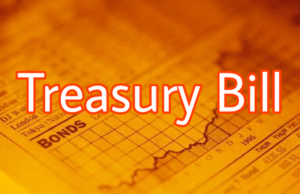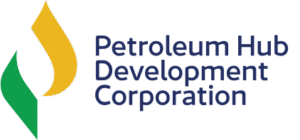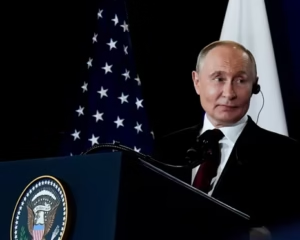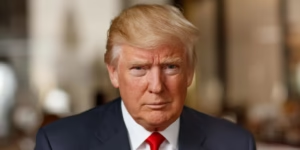State Pursuing Strategic Partnership for AirtelTigo Takeover, Says Minister

The Government of Ghana is actively pursuing strategic investors to take over and revamp the operations of AirtelTigo, according to the Minister for Communications, Digital Technology, and Innovation, Samuel Nartey George. This initiative forms part of the government’s broader agenda to improve telecom services and enhance competition in the country’s digital space.
Minister George made the disclosure during a high-level engagement with chief executives and technical teams from MTN, Telecel, and AirtelTigo. The meeting was convened to address increasing concerns over deteriorating network quality and widespread service interruptions reported by consumers nationwide.
“For the first time, I can publicly confirm that the government is in active negotiations with a strategic partner for a full takeover and revitalization of AirtelTigo,” the Minister said. “We have initiated discussions and provided a 60-day timeline to conclude these negotiations. Our goal is to ensure that by the end of the third quarter, we begin to see tangible improvements in AirtelTigo’s service delivery.”
This marks a significant development in the government’s handling of AirtelTigo, which it fully acquired from Bharti Airtel in 2021. Since the takeover, AirtelTigo has faced multiple operational and financial hurdles that have limited its ability to compete effectively with dominant market players.
Quality of Service Under Scrutiny
Despite the extensive telecommunications infrastructure and national coverage claims by service providers, millions of Ghanaians continue to experience subpar connectivity, dropped calls, and unreliable internet access. These issues are particularly acute in fast-growing urban areas and strategic regional towns, where demand is outpacing the networks’ capacity.
To provide a data-driven basis for discussion, the National Communications Authority (NCA) delivered a detailed presentation on findings from a recent nationwide quality of service assessment. The evaluation, which covered 48 locations across Ghana, was launched in response to the increasing volume of public complaints regarding service disruptions.
The NCA’s report exposed significant performance gaps, with several providers failing to meet key benchmarks for signal strength, data speed, and call reliability. These revelations prompted the minister to call for urgent reforms and improved collaboration between government agencies and the telecommunications industry.
“The findings are a wake-up call,” Mr. George said. “It is no longer acceptable for Ghanaians to endure poor service while paying premium rates. We must work collectively to upgrade infrastructure, improve performance, and hold all stakeholders accountable.”
Reforming the Sector Through Strategic Partnerships
The Minister explained that bringing in a competent and well-capitalized partner to take over AirtelTigo is a critical part of the government’s telecom sector reform strategy. He noted that a successful partnership will not only stabilize AirtelTigo’s operations but also introduce technological innovations and expand access to underserved areas.
“This is about creating a competitive and efficient telecommunications ecosystem,” he emphasized. “By revitalizing AirtelTigo through a strategic investment, we aim to boost competition, offer consumers better choices, and improve the overall standard of digital services in the country.”
The government also reiterated its commitment to ensuring that no region or community is left behind in the digital revolution. Mr. George stressed that reliable and affordable connectivity is essential for inclusive economic development, education, healthcare, and innovation.
As the 60-day negotiation window progresses, industry analysts and consumers alike will be watching closely for updates. Should the deal succeed, it could reshape the competitive landscape of Ghana’s telecom industry and deliver much-needed relief to long-frustrated users.
For now, the focus remains on holding providers accountable, fast-tracking reforms, and ensuring that Ghana’s digital infrastructure is robust enough to meet the demands of a rapidly evolving technological era.








